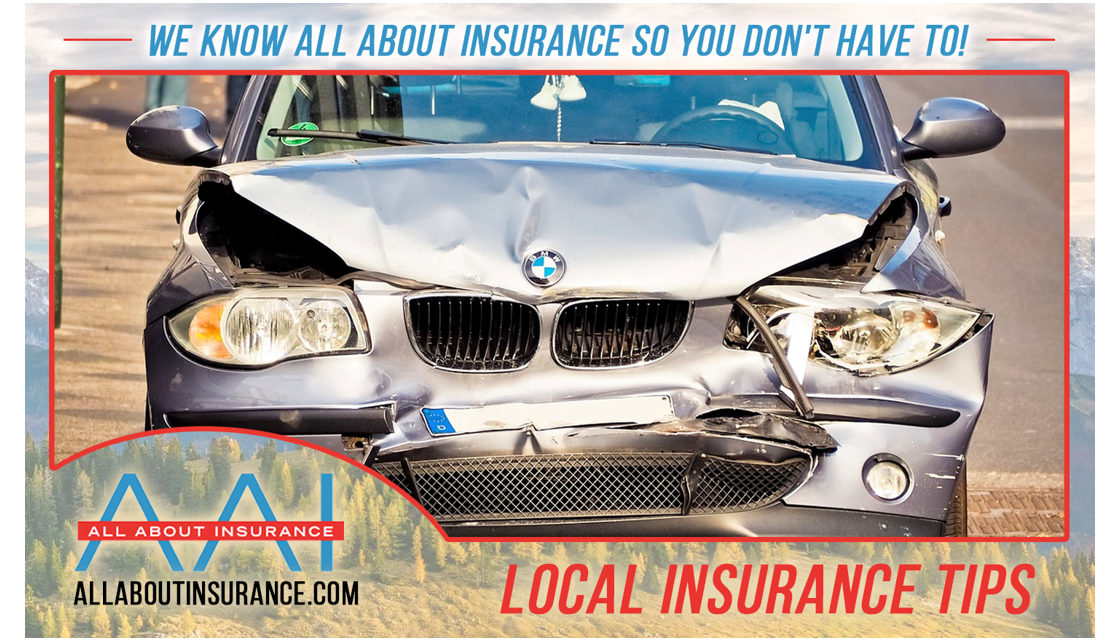Getting into an accident on the road is a surefire way to knock anyone’s day off track, and it’s important to know the proper steps to take after cars collide to make sure everyone involved is taken care of.
First and foremost, make sure every person in all vehicles are okay. Cars can be replaced, and while accidents can be stressful and inconvenient, they’re a part of life. Call 911 if necessary, and leave any treatment to trained professionals. If you’re not already well-versed in CPR technique and basic first aid, there’s no time like the present to learn — or to brush up a bit.
Once you’ve established that everyone is unhurt, then it’s time to get started on processing the accident itself:
- If you didn’t have to call 911 already, call the police immediately on a non-emergency line. It’s important to have a record of what happened, regardless of fault, and officers will provide that once on the scene.
- Take high-quality photos of both cars, and keep in mind that getting license plates in a couple shots is a good idea.
- Exchange insurance information with the other driver, even though a police officer will usually provide it to you later.
- Call your insurance agent if you have any questions about the specifics of your coverage.
- Give your statement to the officers present, as well as your insurance carrier, and follow the instructions of each.
In North Carolina, you should call the insurance carrier of the at-fault driver to begin seeking solutions to the situation. If there’s difficulty discerning who is at fault, simply call your insurance carrier to report the incident and allow them to work it out with the other carrier.
If you do call your carrier and discover that you do not have the coverages needed for a particular type of accident or damage, your insurance may not be able to help — so make sure you understand your coverages!
If you’re in need of a rental car due to damage, you’ll have to wait until the at-fault driver’s insurance carrier accepts responsibility. If it was your fault and you don’t have the coverage for damages to your vehicle (this coverage is commonly known as “liability only”) you will have to pay to fix it. Or you will have to pay your deductible. The coverage may not be expensive, call your carrier and make sure you have it before an accident happens!
Who’s at fault?
In the state of North Carolina, if fault is shared in any way between drivers, each driver (and their respective insurance company) will likely be responsible for their own damage. Dollar amounts depend on deductibles and coverage and, again, make sure to be familiar with what exactly your policy covers.
While it’s not an absolute truth, a good rule to go by is that if you rear-end someone else, it is your fault. Be especially careful in parking lots, as well, where ill-defined rules and lack of attention is responsible for a large amount of accidents.
Pay attention to where cars are moving, and allowed to be, while maintaining a healthy respect for right-of-way. Left turns are also the culprit of many fender-benders, so exercise extra caution!
Other considerations
Once police are called, the accident will be part of your permanent record. Officers will also make a rough estimation of damages on their report, but that number is in no way reflective of a final total. If no claim is filed, insurance companies will charge the at-fault driver as indicated on the police report by fault, and insurance points are determined by monetary damages caused to all vehicles involved. If you’ve got any comments or questions about accidents and car insurance, get in touch via tpotter@aai4u.com.
Related Stories
‹
![]()
Hurricane Ian Floods Leave Mess, Insurance Questions BehindWritten by REBECCA SANTANA and MICHAEL PHILLIS Christine Barrett was inside her family’s North Port home during Hurricane Ian when one of her children started yelling that water was coming up from the shower. Then it started coming in from outside the house. Eventually the family was forced to climb on top of their kitchen […]
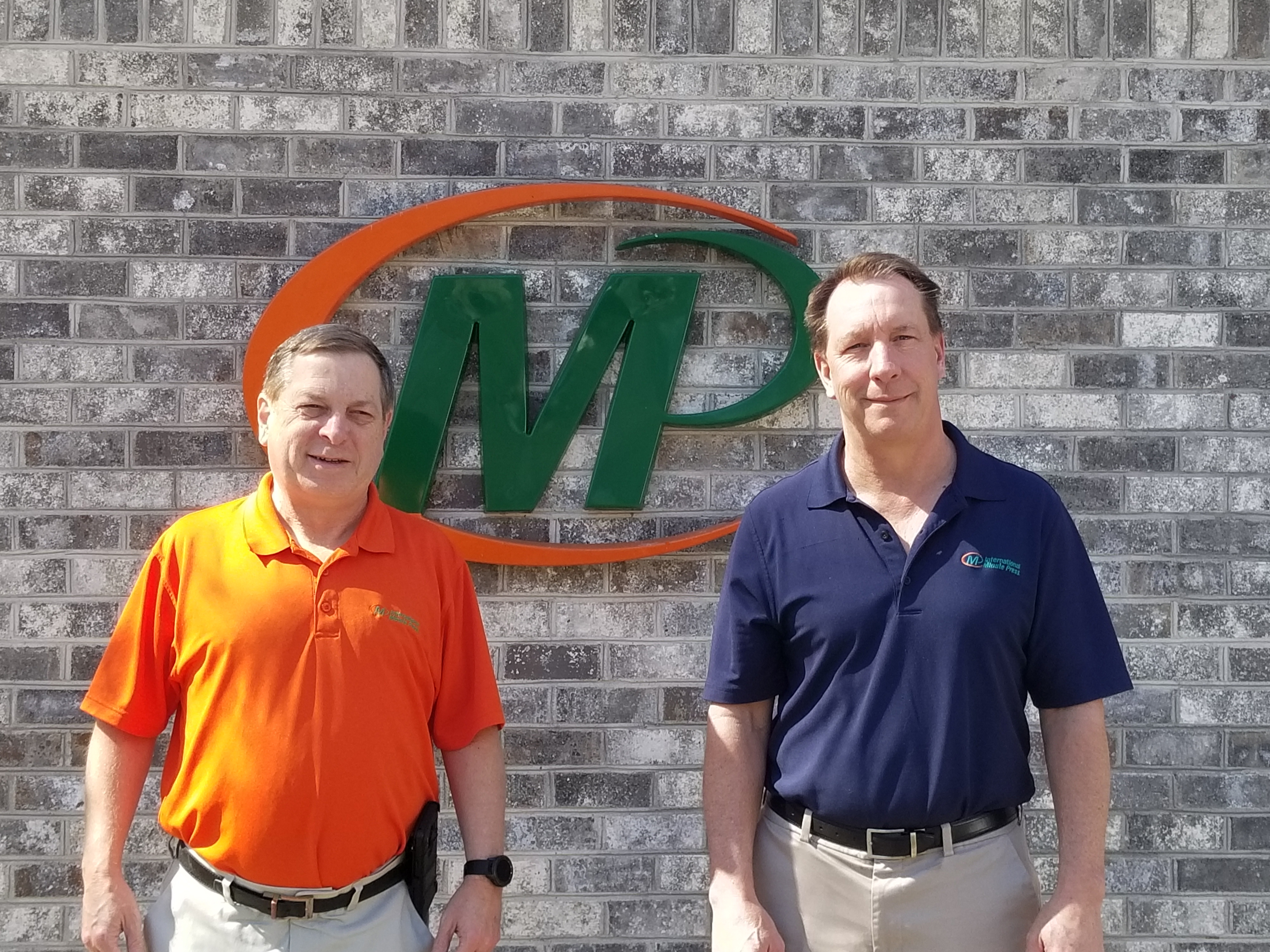
A Good Sign: How International Minute Press Has Adapted to COVIDThe Graham location of International Minute Press has, like many local businesses, had to work to keep up over the past year. With new challenges appearing and new problems posed every day, IMP has shifted focus and adapted to the situation. According to Paul Thompson, co-owner of the IMP location in Graham, the past year […]
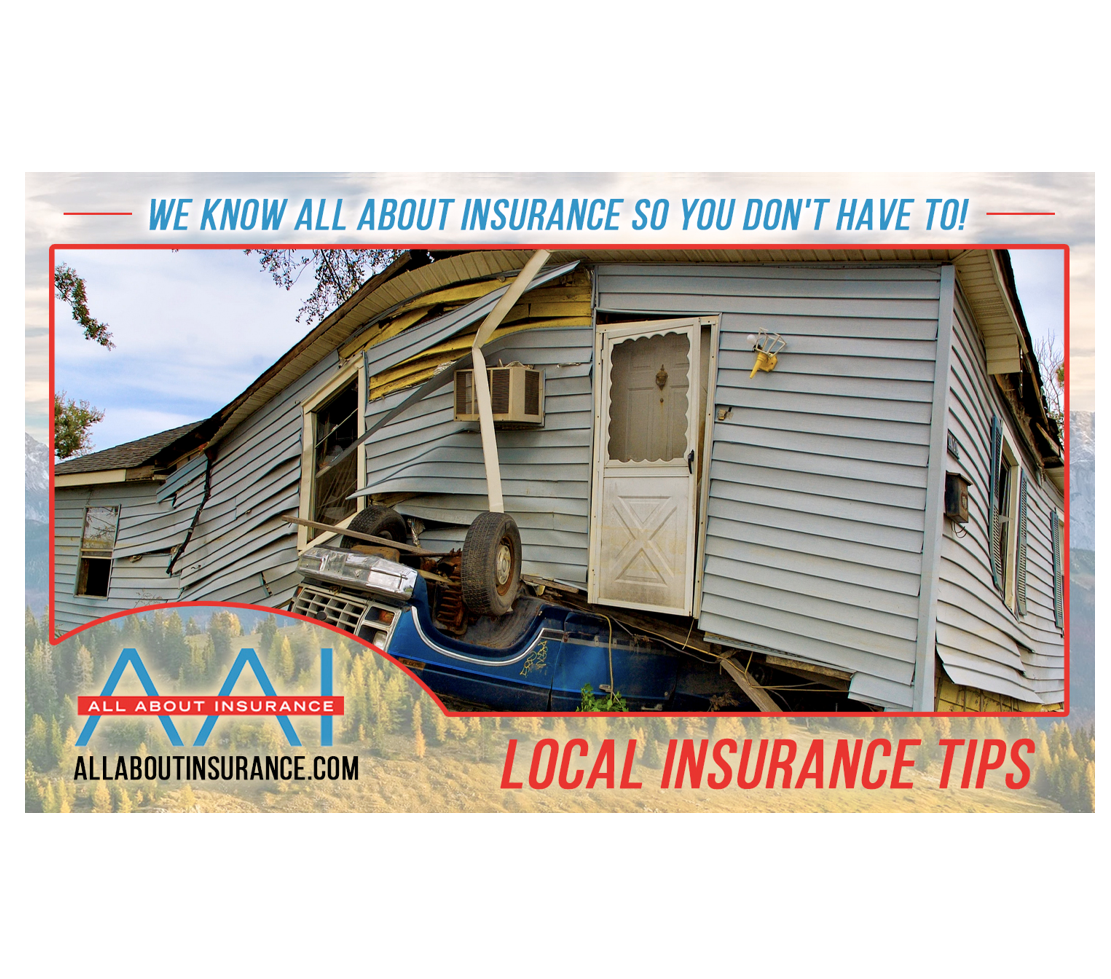
All About Insurance Local Tips: How Does Homeowners Insurance Work?Why should I keep a higher deductible on my home insurance policy? Insurance on a home is very important to have, and should only be used when large damages occur. This is precisely why agents recommend higher deductibles. The only time you really want to file a claim is when you have a large loss. […]
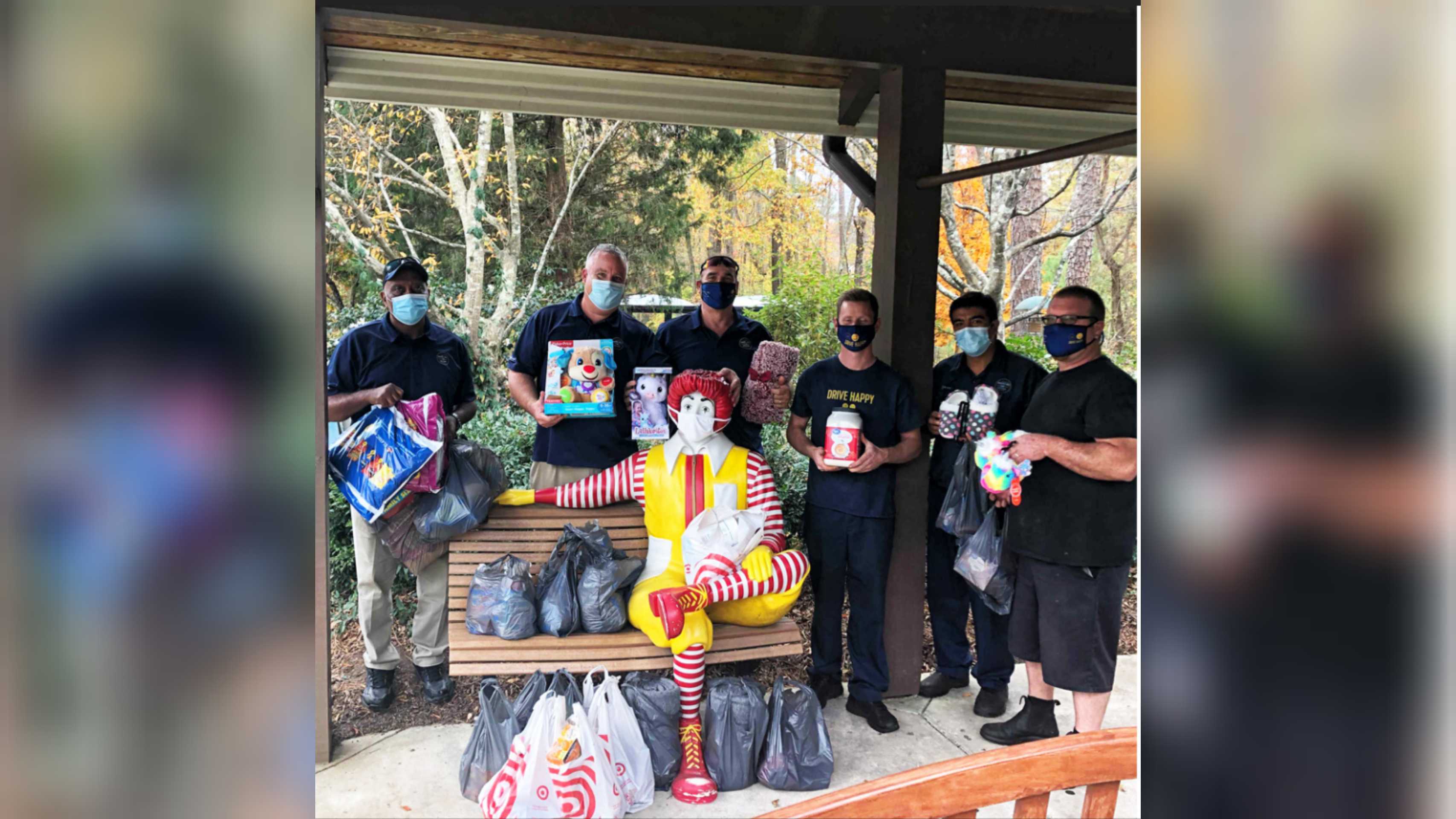
Chapel Hill Tire Encouraging Everyone to Perform Random Acts of Kindness This Holiday SeasonChapel Hill Tire invites you to Be Kind, Get Votes and Earn a Donation for your Favorite Charity with is 12 Days of Kindness campaign. Through December 24, perform an act of kindness and record it with video or photos; post your act to Twitter, Instagram, or to the Chape Hill Tire […]
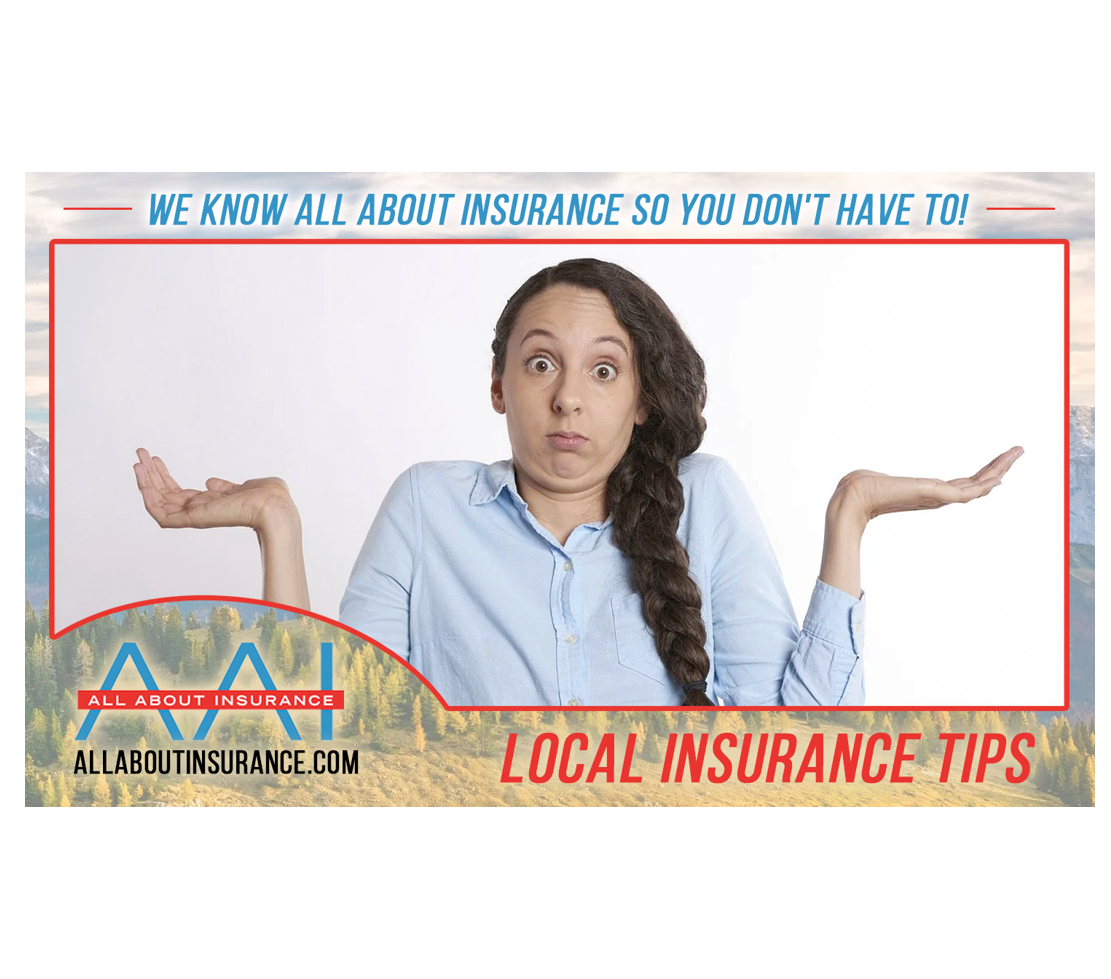
All About Insurance Local Tips: Auto Insurance, Who Needs It?Auto insurance, who needs it? Well, everyone does. Everyone operating an automobile is required to have auto insurance by law in the United States. Many other countries outside the United States do not have the same rules — I know, because I lived in Guatemala for 12 years! Being involved in an accident with someone […]
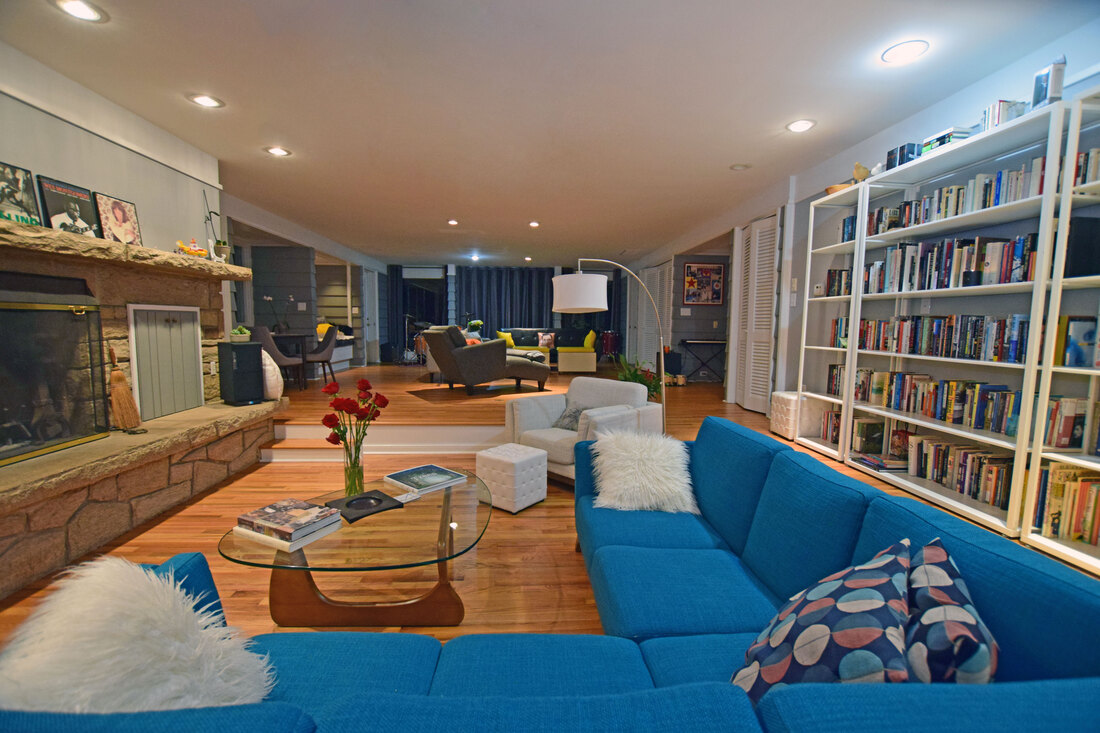
Rock the House: Musicians and Realty for the Real WorldThe following story was written by Gary A. Miller – co-owner of Red Bloom Realty, the sponsor of this post. He has lived and worked in Chapel Hill off and on since 1994 and is a musician, traveler and former educator. “I have suggested we get a drum set for the living room, and [Lucian] has shot that […]
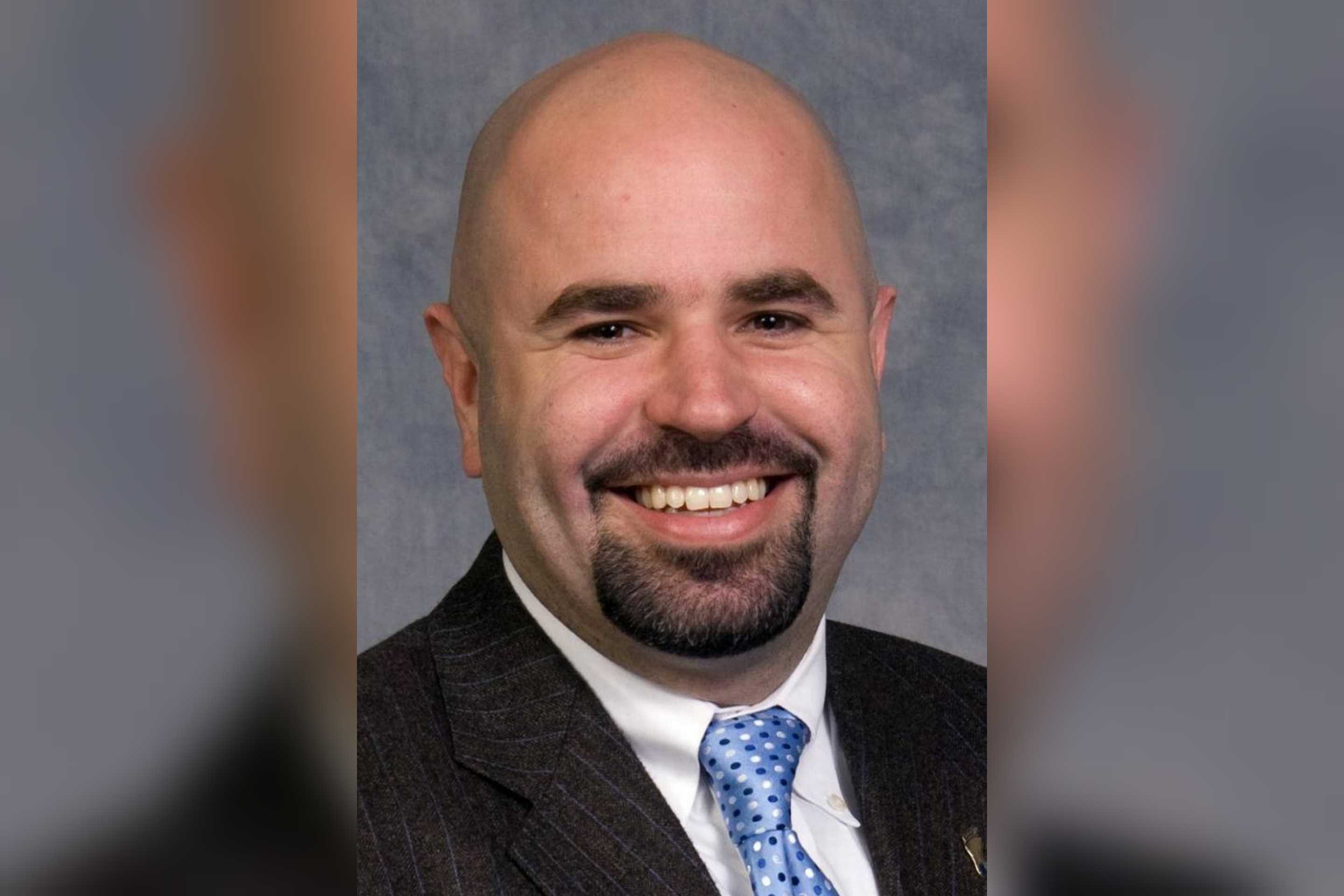
Reflections: Chamber, Piedmont CEOs Create Affordable Health ServicesAaron Nelson, executive director of the Chamber for a Greater Chapel Hill and Carrboro, wanted to help people who could not afford, or qualify for, personal health care. He went to Piedmont Health Services CEO Brian Toomey, a renowned innovator in the community health care field, and together they created a plan where people could […]

Reflections: Family Doctor Also Serves as Friend To His PatientsMore than 25 years ago, Bill Selvidge was interviewing for jobs in North Carolina, and on his last interview he toured Chapel Hill with Moses Carey — executive director of what was then called Orange Chatham Comprehensive Health Center. Carey spent four hours with his new recruit, buying him breakfast at Breadmen’s and then taking […]
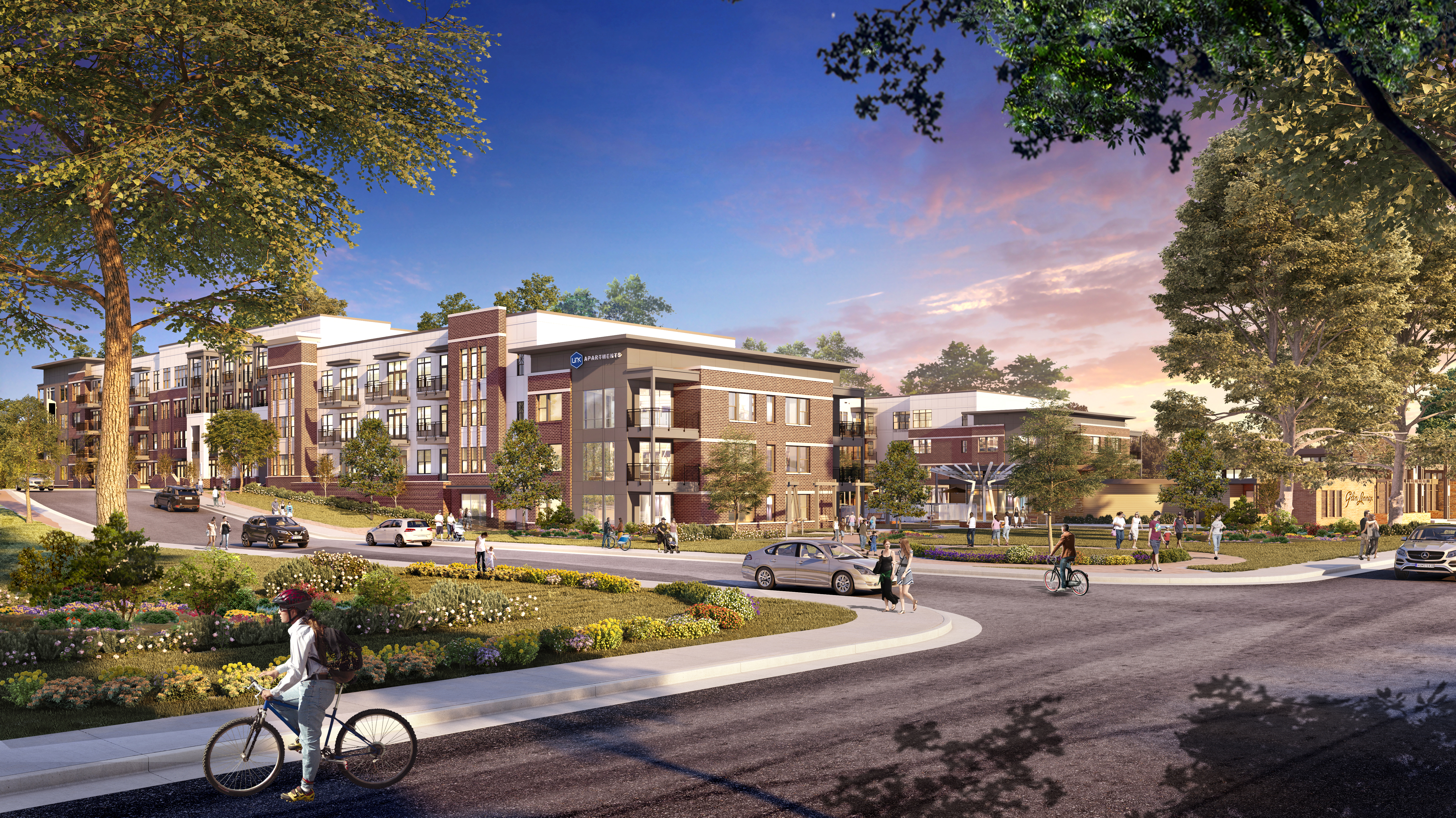
Glen Lennox Stories: Land DesignThe first phase of the Glen Lennox redevelopment has been slowed by the coronavirus, but is expected to be completed in early 2021. It has 215 brand new rental apartments and a commercial office building with four floors, both hiding a parking deck for residents and business tenants. There is also a one-story clubhouse that […]

Local Visitors Bureau Offers Messages of HopeAcross the globe, shelter-in-place orders and restrictions on nonessential travel are keeping millions of would-be travelers at home. According to the Transportation Security Administration, the number of airline passengers has fallen 90 percent compared to this time last year. Locally, what would have normally been a bustling spring travel season has now been marked by campus […]
›

